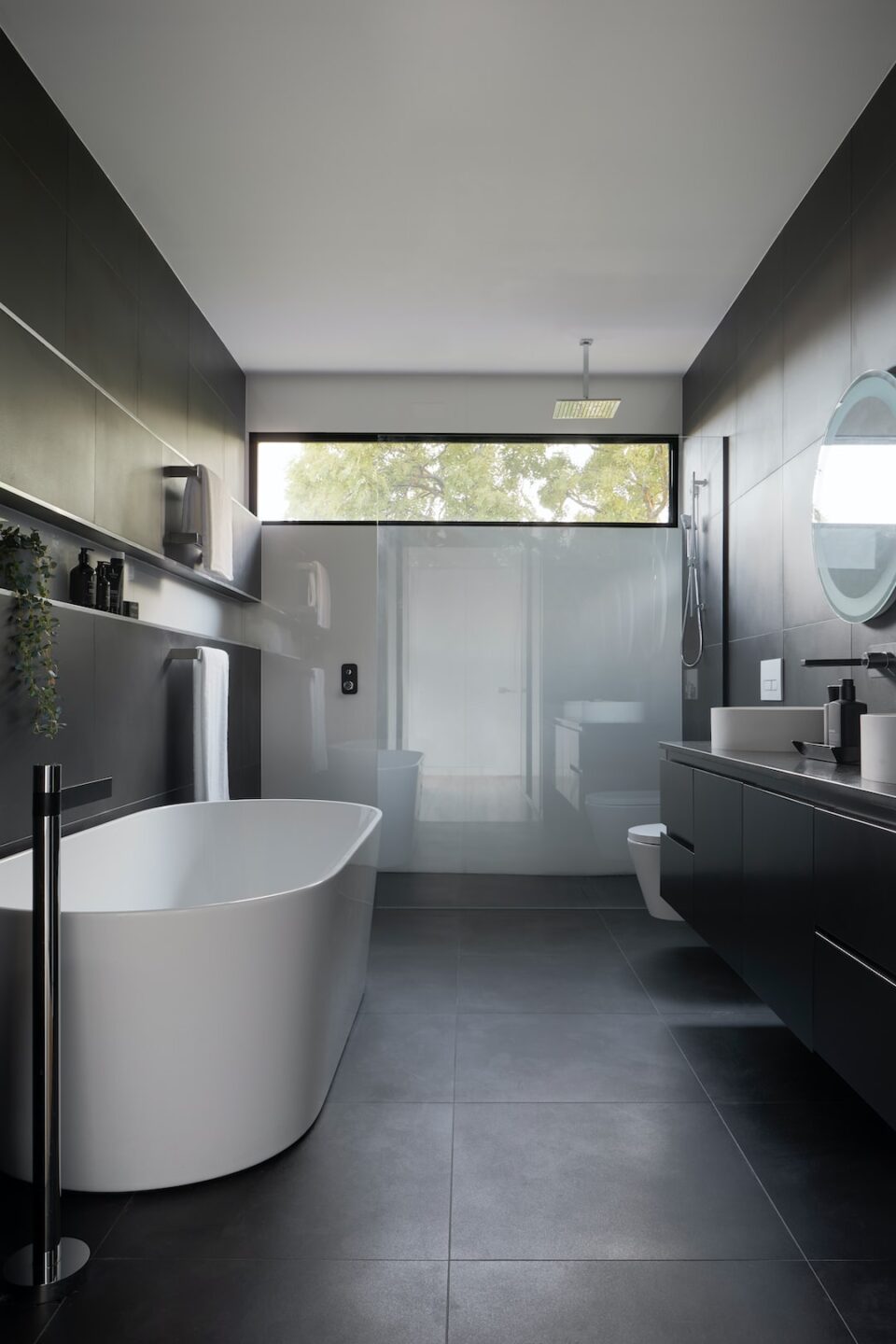The Pros and Cons of Buying a Fixer-Upper Property
For those in the market for a new home, the prospect of purchasing a fixer-upper can be quite tempting. After all, who doesn’t love the idea of turning a run-down property into their dream home? However, before diving headfirst into this type of real estate project, it is important to weigh the pros and cons carefully. In this article, we will explore both the advantages and disadvantages of buying a fixer-upper property.
Pros:
1. Lower Purchase Price: One of the most significant advantages of buying a fixer-upper is the potential to acquire the property for a lower purchase price. Properties in need of repair are generally priced lower than move-in ready homes in the same area. This offers an opportunity to secure a more affordable investment and potentially increase the value of the property through renovations.
2. Increased Return on Investment: Since fixer-uppers are often sold below market value, there is a strong chance of obtaining a higher return on investment (ROI) in the long run. By investing money and time into renovations, buyers can turn a bargain purchase into a highly profitable venture, especially in areas where property values are rising.
3. Customize Your Dream Home: Purchasing a fixer-upper allows homeowners to create a unique living space that reflects their personal taste and style. Unlike buying a move-in ready home that may not perfectly align with one’s preferences, a property in need of renovation can act as a blank canvas for the homeowner’s imagination.
4. Learn Valuable Skills: Taking on a fixer-upper comes with the opportunity to develop valuable skills and knowledge in home improvement and renovation. This not only saves money in the long run but also empowers homeowners to make necessary repairs and improvements in the future without having to rely on professionals.
5. Potential for Quick Sales: In many housing markets, fixer-upper properties tend to sell relatively quickly. This is often due to the lower purchase price and potential for increasing the property’s value through renovations. Buyers who invest in a fixer-upper with the intention of selling it after renovations are completed may find themselves benefiting from a faster sales process.
Cons:
1. Financial Constraints: Renovating a fixer-upper can be a more expensive endeavor than initially anticipated. While the purchase price may be lower, unforeseen repairs and expenses can quickly add up. Before committing to a fixer-upper, it is crucial to have a well-defined budget in place and account for any potential additional costs.
2. Time-Consuming Process: Renovating a fixer-upper takes time. From planning and obtaining permits to completing the actual construction or renovation work, the process can be lengthy and labor-intensive. Homeowners need to be prepared for the time commitment and understand the potential disruption to their daily lives.
3. Uncertainty in Renovation Results: The outcome of a fixer-upper project is never guaranteed. Despite careful planning and execution, there is always the possibility that the final result may not meet expectations. This can be a disappointment for homeowners who invested time, effort, and money into the renovation process.
4. Potential for Unforeseen Problems: Older fixer-uppers, in particular, can come with unforeseen issues that are discovered during renovations. Whether it’s plumbing, electrical, or structural problems, unexpected repairs can significantly increase the cost and complexity of the project. Conducting a thorough inspection before purchasing a fixer-upper can help identify potential risks.
5. Emotional Toll: Taking on a fixer-upper can be a rollercoaster of emotions. The excitement of seeing a vision come to life can be accompanied by frustration, stress, and unforeseen challenges. It is essential to consider the emotional toll this type of project can take on homeowners, as it may require patience and resilience.
Ultimately, the decision to purchase a fixer-upper property should be based on individual circumstances, budget, and personal preferences. While there are definite financial and creative advantages to buying a fixer-upper, there are also potential drawbacks to consider. By weighing both the pros and cons carefully, buyers can make an informed decision that aligns with their goals and resources.


